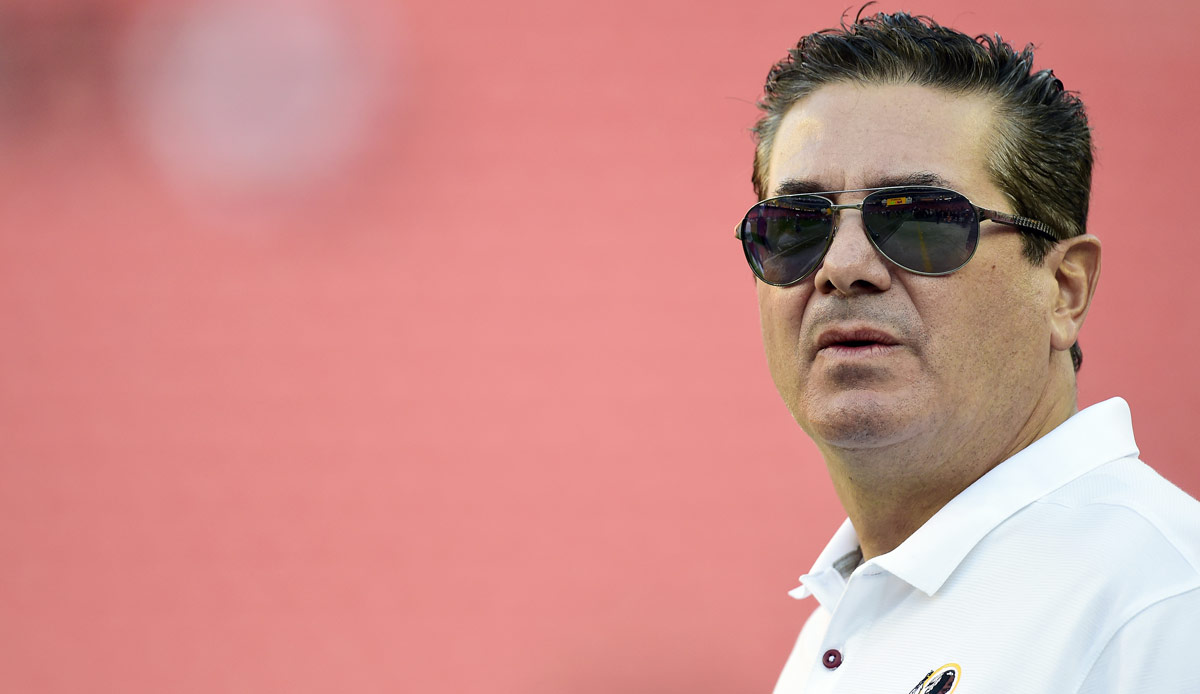It could all be so beautiful. Summer is here, the holidays are just around the corner, the corona infection numbers in Germany are at a pleasingly low level. If it weren’t for the so-called delta variant of the virus, which is already responsible for at least half of new infections. Even those who have been vaccinated twice have to accept restrictions again. Anyone entering Germany from a virus variant area must be in quarantine for 14 days. No ifs and buts.
62 percent of Germans fear that there will be a new wave of corona infections. Twelve percent more than in summer 2020 after the first wave. This emerges from the current ARD Germany trend. The opinion research institute Infratest dimap developed the representative study on the political mood this week and interviewed around 1,300 German citizens.
By far the greatest concern is the situation in kindergartens and schools. 79 percent of those entitled to vote and 89 percent of parents with school-age children fear that the child’s development will be impaired due to the restrictions on school operations and childcare offers in the past few months.
Precautions required
For this reason, timely arrangements for secure teaching are required for the autumn. This includes the provision of air filter systems for all classrooms, which 84 percent of German citizens support. 68 percent of those eligible to vote support an offer of alternating lessons even if the incidence is high. Corona tests twice a week, at least for non-vaccinated students, should, in the opinion of three quarters of German citizens (76 percent), be maintained in the fall.
The continued use of a mask in class attracts less sympathy. Only four out of ten German citizens (37 percent) and only 27 percent of parents of school-age children support this.
Economy is running again
Although the fear of a fourth corona wave is growing, the economic mood is good. For the first time since the outbreak of the pandemic last year, a majority of 60 percent is positive. However, there are big differences depending on the party preference of the respondents.
 –
–
If the general election were next Sunday, the CDU and CSU, who compete together, would win the race. Together they come to 28 percent in the Germany trend. The Greens, who led the polls for a short time in the spring, are in second place with 20 percent.
The Social Democrats, who are currently ruling with the CDU and CSU Union parties, have hardly seen any growth. They are in third place with 15 percent. Compared to 2017, when the SPD had its worst result in German post-war history with 20.5 percent, the party has once again slipped significantly.
 –
–
Who rules with whom?
Since it is not to be expected that a party will achieve an absolute majority in the Bundestag election, there will have to be a coalition this time too. It would not be enough for the current coalition of CDU / CSU and SPD. 39 percent of German citizens would like the Union parties to continue to determine the formation of a coalition. They prefer political continuity in Berlin and again a Union-led cabinet for the period after the federal election.
 –
–
It is interesting that the Union receives the greatest approval of all age groups. A total of 20 percent of German citizens would prefer to see the SPD lead the federal government, as it was last between 1998 and 2005. In turn, 19 percent prefer a government under the leadership of the Greens for the first time in the federal government. A fifth of the respondents (22 percent) currently express no preference.
Federal Chancellor Olaf Scholz?
It looks less clear when you look at the three candidates for chancellor. If not the Bundestag but the citizens could decide who moves into the Chancellery, then the Social Democrat Olaf Scholz would currently have the best chances. 29 percent of those surveyed favor him, followed by Armin Laschet with 28 percent. Only 18 percent of those surveyed vote for Annalena Baerbock, a quarter are undecided.
 –
–
Most would choose Union and change little
Another important question for the parties is whether the citizens would like major changes in Germany or whether they would prefer everything to stay as it is. 34 percent of those surveyed support a fundamental change in the country, which is 15 percent more than in 2017. A majority, namely 57 percent, however, only vote for “some course corrections”.
Most supporters of change can be found among supporters of the AfD (58 percent) and the left (53 percent), followed by the Greens (46 percent). In contrast, most of the voters of the CDU / CSU and SPD (70 percent each) and the FDP (75 percent) believe that there should be only moderate adjustments in the country.
– .


